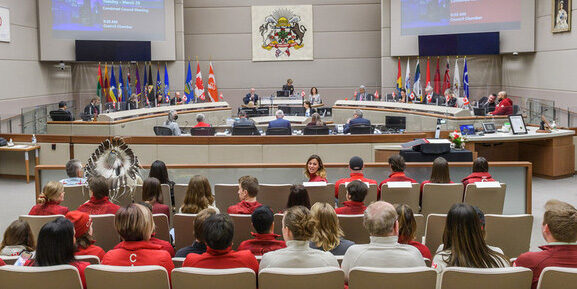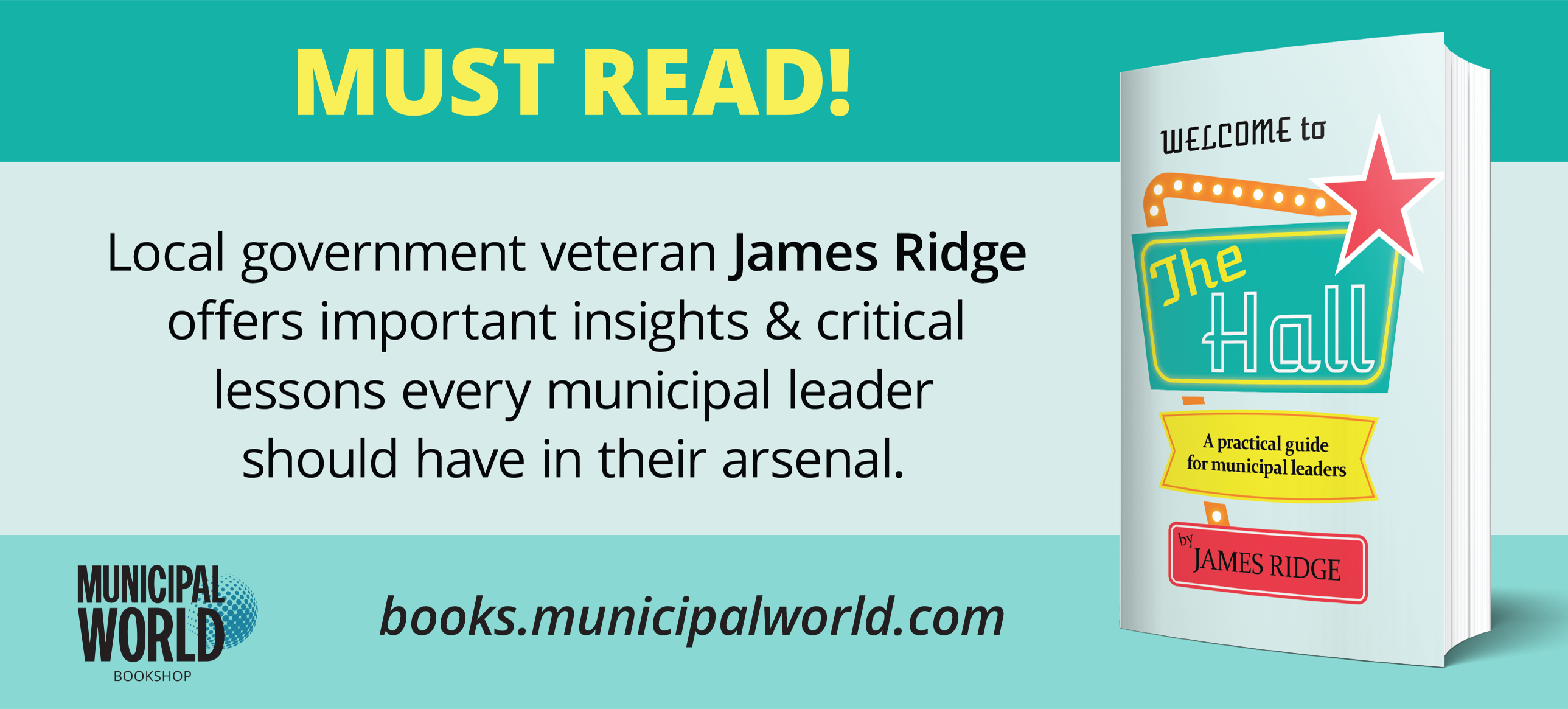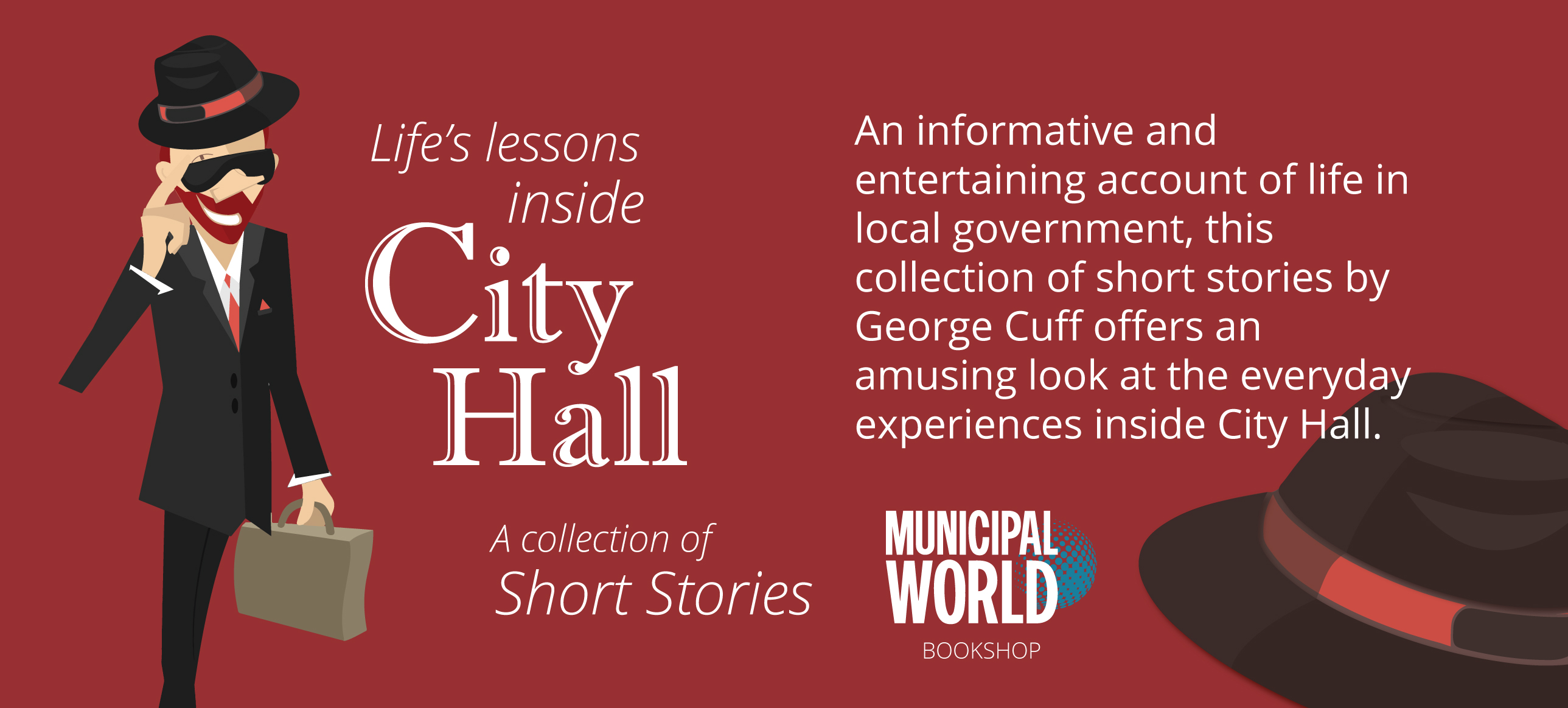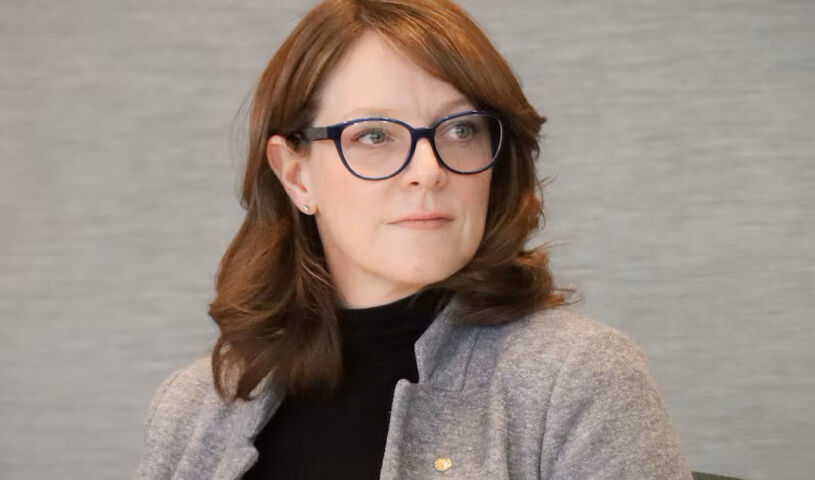Calgary latest to support voting rights for non-citizens
 Calgary council recently endorsed one councillor’s push to allow permanent residents to vote in municipal elections. The provincial government, however, has been quick to reject it outright. Photo: City of Calgary
Calgary council recently endorsed one councillor’s push to allow permanent residents to vote in municipal elections. The provincial government, however, has been quick to reject it outright. Photo: City of Calgary
Calgary council recently endorsed one councillor’s push to allow permanent residents to vote in municipal elections.
Earlier in April, Ward 8 Coun. Courtney Walcott submitted a notice of motion calling for Canadian permanent residents to be allowed to vote in municipal elections. On April 29, council passed the motion in a 9-6 vote.
Walcott’s motion asks the city to submit a resolution to Alberta Municipalities, the association representing municipalities across the province, calling for the association to advocate for extending voting rights to permanent residents.
Councillors Terry Wong, Raj Dhaliwal, Jasmine Mian, and Kourtney Penner also co-sponsored Walcott’s motion. Councillors Dan McLean, Jennifer Wyness, Sean Chu, Peter Demong, Sonya Sharp, and Andre Chabot voted against the motion.
Alberta Government Says No
While Calgary council voted to support the move, the provincial government has been quick to reject it outright. Commenting over social media, Alberta’s municipal affairs minister, Ric McIver, took to the social media site X. “I’ll save us all some time. Only citizens of Canada can vote in municipal elections. That will not be changing,” he wrote.
Responding to Calgary city council passing the motion, McIver reiterated that the province would not entertain the idea. “Alberta’s government has been clear since the beginning: only Canadian citizens are able to vote in civic elections. That will not be changing,” he said.
However, other Calgary city councillors have pointed to seeming discrepancies in the rights and responsibilities permanent residents have.
Responding to McIver’s post, Calgary Ward 11 Coun. Kourtney Penner said, “PRs [permanent residents] can serve our country and join the military. PRs pay taxes at all levels of government and can own property. Having a say in any of that, not even contemplated. Nothing says gate keeping like being unwilling to even entertain the conversation.”
Supporters argue that permanent residents already have most of the same rights and responsibilities as Canadian citizens, including paying taxes and accessing benefits. However, when it comes to having the right to vote or run for political office, they must wait the additional two or three years required to qualify for citizenship. However, some argue that allowing permanent residents to vote would discourage them from applying for citizenship.
The number of permanent residents applying for citizenship in Canada has been declining for some years now. According to Statistics Canada data, only 45.7 per cent of recent immigrants went on to become citizens in 2021. That number was down from more than 75 per cent in 1996.
Calls to Extend Voting Rights
Calgary’s councillors aren’t the first municipal leaders to raise the issue of extending voting rights to non-citizen residents. Last December, Boston council voted to approve a measure that would allow people with legal status in the United States to vote in municipal election, whether or not they are citizens.
The measure still needs to be approved by Boston Mayor Michelle Wu and the Massachusetts state legislature before becoming law. Some of those who support the measure know that would be a tall order. Coun. Gabriela Coletta, who was in favour of the measure, said she was skeptical about its chances of winning enough votes in the state legislature. Former Coun. Kendra Lara, who proposed the measure, spoke about her personal motivation for bringing it to council.
“My father, although he is a 30-year legal resident of this city, could not vote for his youngest daughter,” she said. “And his story is the story of thousands of legal residents in the city of Boston who work, pay taxes, raise their children, and participate in every way in strengthening the fabric of our city, yet cannot cast their ballot for the representatives who are making decisions about their daily lives.”
However, some councillors voted against the motion. They included Coun. Michael Flaherty, who said there were legal concerns with allowing non-citizens to vote.
“Boston’s growing diversity and level of community involvement is what makes our city great,” Flaherty said. “However, there are and still remain legal concerns that we need to be mindful of when we talk about non-citizens voting.”
He argued that non-citizens might mistakenly vote in federal or state elections as well, potentially jeopardizing their ability to become citizens.
Around 15 local governments in the United States have given non-citizens the right to vote in municipal elections. They include some of the biggest cities in the country like San Francisco and New York. In August 2023, the California Court of Appeal found that San Francisco’s law allowing non-citizens to vote in school board elections is permissible under the state’s constitution. Voters in the city passed Proposition N back in 2016, however, it was challenged in court following last year’s school board election.
“We reject the challenge for two reasons,” the court said in its decision. “[N]either the plain language of the constitution, nor its history, prohibits legislation expanding the electorate to noncitizens.”
“The court’s decision is a wonderful victory for immigrant parents, who can continue to exercise their right to vote in San Francisco school board elections,” City Attorney David Chiu said in a statement. “When more parents have a voice in the direction of our schools, it leads to better outcomes for all students and communities.”
Non-Citizens Face Pushback
Attempts to allow non-citizens to vote have faced significant pushback elsewhere.
In February, a state appeals court ruled that New York City’s law violates the United States constitution. New York City brought in the law in 2022, though it has not yet gone into effect due to facing legal challenges.
In March, the New York City council indicated it would continue fighting for the law, filing an appeal with the state’s highest court.
“Empowering New Yorkers to participate in our local democratic process can only strengthen New York City by increasing civic engagement,” council spokesperson Rendy Desamours said in a statement. He added that the legislative body finds the law consistent with the state constitution, election law, and municipal home rule.
If it were to be allowed, New York’s law would enable an estimated 800,000 non-citizens in the city to vote in municipal elections. MW
✯ Municipal World Executive and Essentials Plus Members: You might also be interested in Ibrahim Daair’s article: New Zealand law seeks to promote Indigenous representation.
Ibrahim Daair is staff writer at Municipal World.
Related resource materials:



